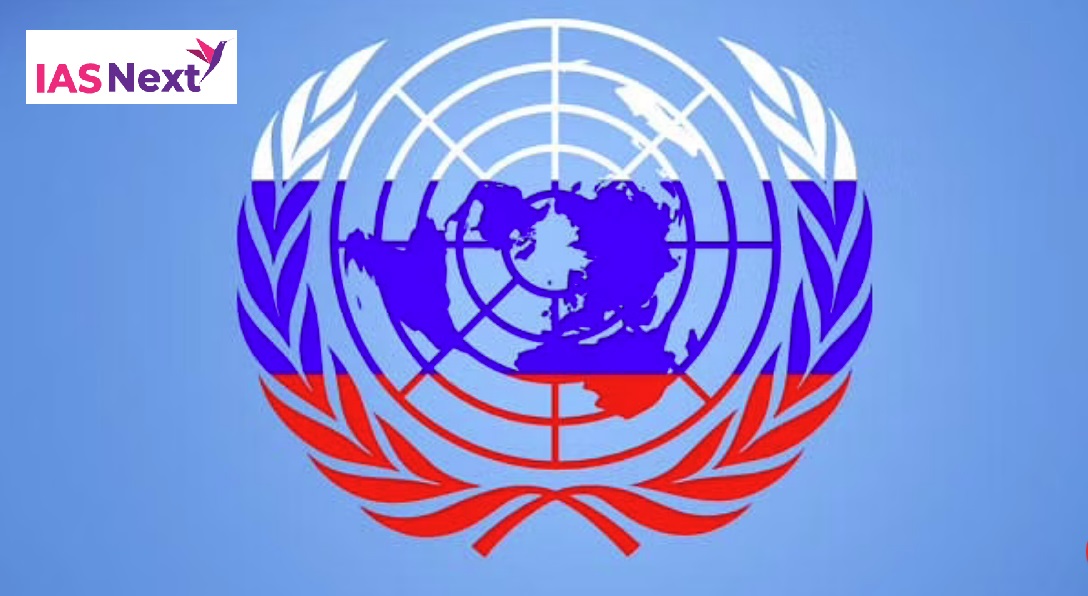CURRENT AFFAIRS
Get the most updated and recent current affair content on Padhaikaro.com
Veto power of UNSC permanent members
- IAS NEXT, Lucknow
- 22, Apr 2022

Reference News:-
Liechtenstein is convening the UN General Assembly to debate a draft resolution — backed by the US — requiring the five permanent members of the UN Security Council (Russia, China, US, UK and France) to justify their use of the veto.
Background:
- The demand for a mechanism to ensure that UNSC permanent members cut back use of their veto powers is an old one.
- It has recently gained strength and support from major players after Russia’s recent invasion of Ukraine.
- Moscow’s veto power has allowed it to paralyse action in the UNSC, which is supposed to intervene in such conflicts as guarantor of global peace, as defined by the Charter of the United Nations.
Need for:
- Various countries have called for reforms in the UNSC, claiming that the body had not been able to fulfill responsibilities in maintaining global peace and security due to “limited representation”.
- Reform of the veto power is often included in proposals for reforming the Security Council. India has repeatedly said that the issue of expanding the UNSC should not be held hostage by the debate over veto power.
What is veto power?
The UNSC veto power is the power of the five permanent members of the UNSC to veto (strike down) any “substantive” resolution.
- The veto power originates in Article 27 of the United Nations Charter.
How and when is the veto power used?
- Each member of the UNSC shall have a vote.
- Decisions of the UNSC on procedural matters shall be made by an affirmative vote of nine members.
- Decisions of the UNSC on all other matters shall be made by an affirmative vote of nine members, including the concurring votes of the permanent members.
- This means that a negative vote from any of the permanent members will block the adoption of a draft resolution.
- A permanent member that abstains or is absent from the vote will not block a resolution from being passed.
Arguments for and against the veto:
Supporters of veto power regard it as a promoter of international stability, and a check against “snap” military interventions.
Critics, however, say that the veto is the most undemocratic element of the UN, as well as the main cause of inaction on war crimes and crimes against humanity, as it effectively prevents UN action against the permanent members and their allies.
- Amnesty International claimed that the five permanent members had used their veto to “promote their political self interest or geopolitical interest above the interest of protecting civilians”.
Case for Permanent Membership of India in UNSC:
- India is the founding member of the UN.
- Most significantly, India has almost twice the number of peacekeepers deployed on the ground than by P5 countries.
- India is also the largest democracy and second-most populous country.
- India’s acquired status of a Nuclear Weapons State (NWS) in May 1998 also makes India a natural claimant as a permanent member similar to the existing permanent members who are all Nuclear Weapon States.
- India is the undisputed leader of the Third world countries, as reflected by its leadership role in Non-Aligned Movement and G-77 grouping.